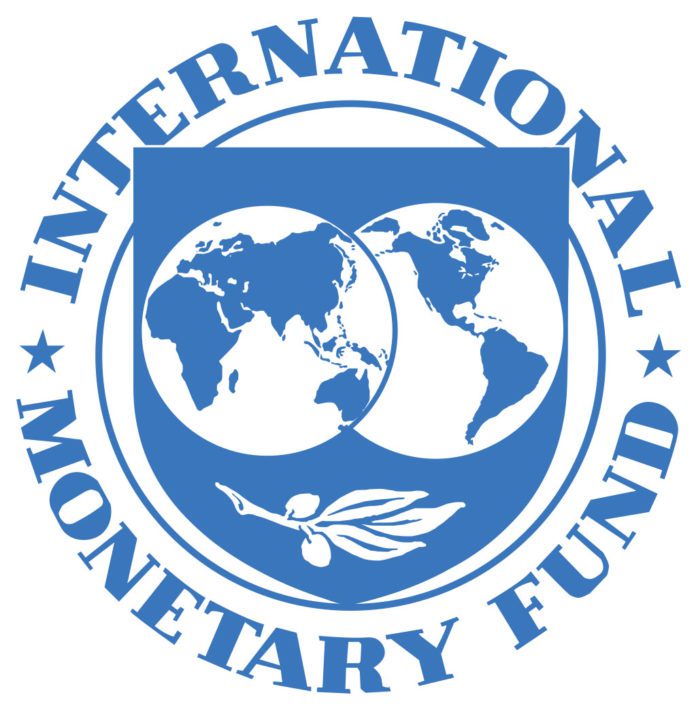
By Mahmud Tim Kargbo
The International Monetary Fund (IMF) provides a global public good when it lends emergency balance of payments support to countries that otherwise could not access such financing at comparable terms. The hard, but uncomfortable truth is no country borrows from the IMF lightly, and a country only does so as a last resort in the face of an economic crisis. In exchange for IMF lending, the Sierra Leone government of President Julius Maada Bio or any other government surrendered some sovereignty, and self-determination of the government’s economic policies and implicitly admit that the government, on its own, could not manage the travails through which it is going. A lesser-known, but the costly trade-off is that the IMF imposes significant surcharges—akin to the penalty rates imposed by banks—on Sierra Leone and other countries with large borrowings from the IMF that are not paid back within a relatively short time.
The IMF estimates borrowing countries like Sierra Leone will pay over $4 billion in extra surcharges on top of interest payments and fees from the beginning of the COVID-19 crisis through the end of 2022. Additionally, the IMF estimates the surcharges have become the Fund’s largest source of revenue, accounting for almost half of revenues during this period. It is further estimated that by FY2027, surcharges will amount to almost two-thirds of the IMF’s lending income—nearly twice the level in FY2018.
A new policy brief by Joseph E. Stiglitz and Kevin P. Gallagher explores the consequences of the IMF’s surcharges and issues an urgent call for reform. The policy brief is jointly published with the Initiative for Policy Dialogue (https://policydialogue.org/) at Columbia University.
From what Stiglitz and Gallagher explain, it is very clear to ascertain that IMF surcharges are pro-cyclical financial penalties imposed on Sierra Leone and other borrowing countries precisely at a time when they can least afford them. What is more, the surcharges were found to worsen potential outcomes for a borrowing country like Sierra Leone and its investors, with gains accruing to the IMF at the expense of both. The authors note that this transfer of resources to the IMF has profound consequences for the borrowing country, as it affects not just the level of poverty, health, education and overall well-being in Sierra Leone and other as countries in financial crisis, but also its potential growth.
The IMF policy brief examines the economic implications of the surcharges from a global distributive perspective. Noting that, “of course, it is important for member countries not to become over-reliant on the IMF for liquidity,” the authors explain that, “regressive and pro-cyclical surcharges are not the most efficient way to create such incentives amid a global economic crisis.” The authors also stress that many countries are currently experiencing increased levels of debt beyond what they normally would have undertaken, given the fiscal needs of responding to the COVID-19 crisis.
According to Stiglitz and Gallagher, the unintended consequences are two-fold. First, the surcharges disproportionately affect middle-income countries with lower quotas that, by definition, need both extensive IMF financing to repay and longer repayment periods to recover from crises. Second, they require borrowing members to pay more at exactly the moment when they are most squeezed from market access in any other form. The authors comment that “charging the countries in most dire straits for the basic support of the world’s critical financial institution seems peculiar.”
The authors highlight other ways the IMF can generate funds for lending, including borrowing from capital markets and taking advantage of access to funds from member countries, or their central banks.
In all, the authors stress the need to eliminate excessive surcharges in the COVID-19 era and call for more fundamental reform of IMF financing.

